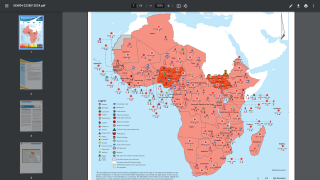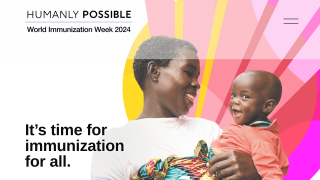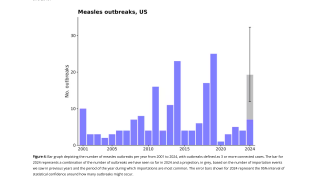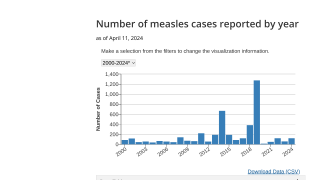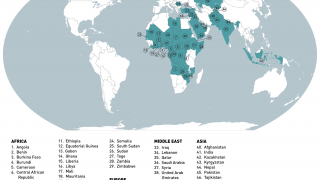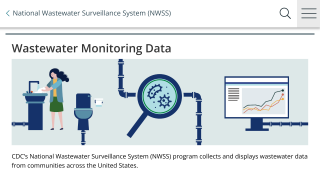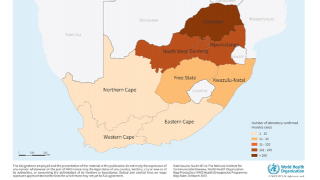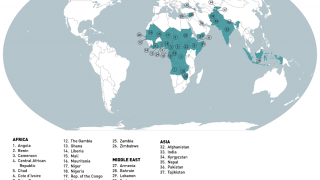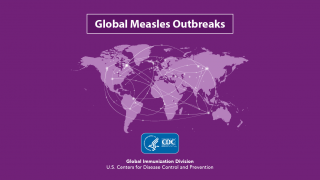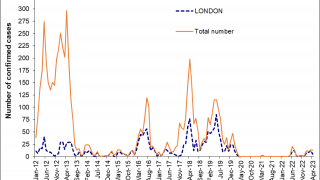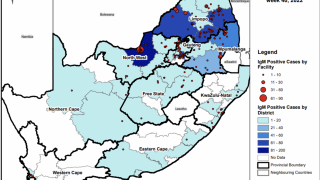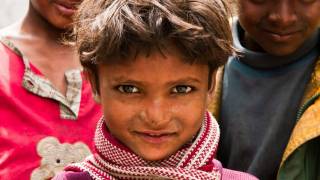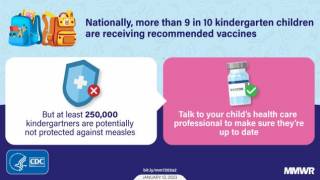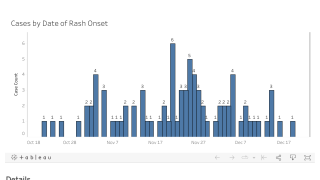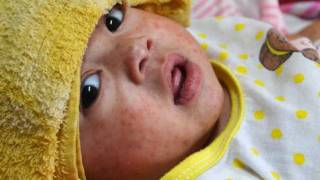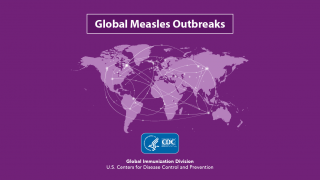Way Too Many Anti-Vax Children
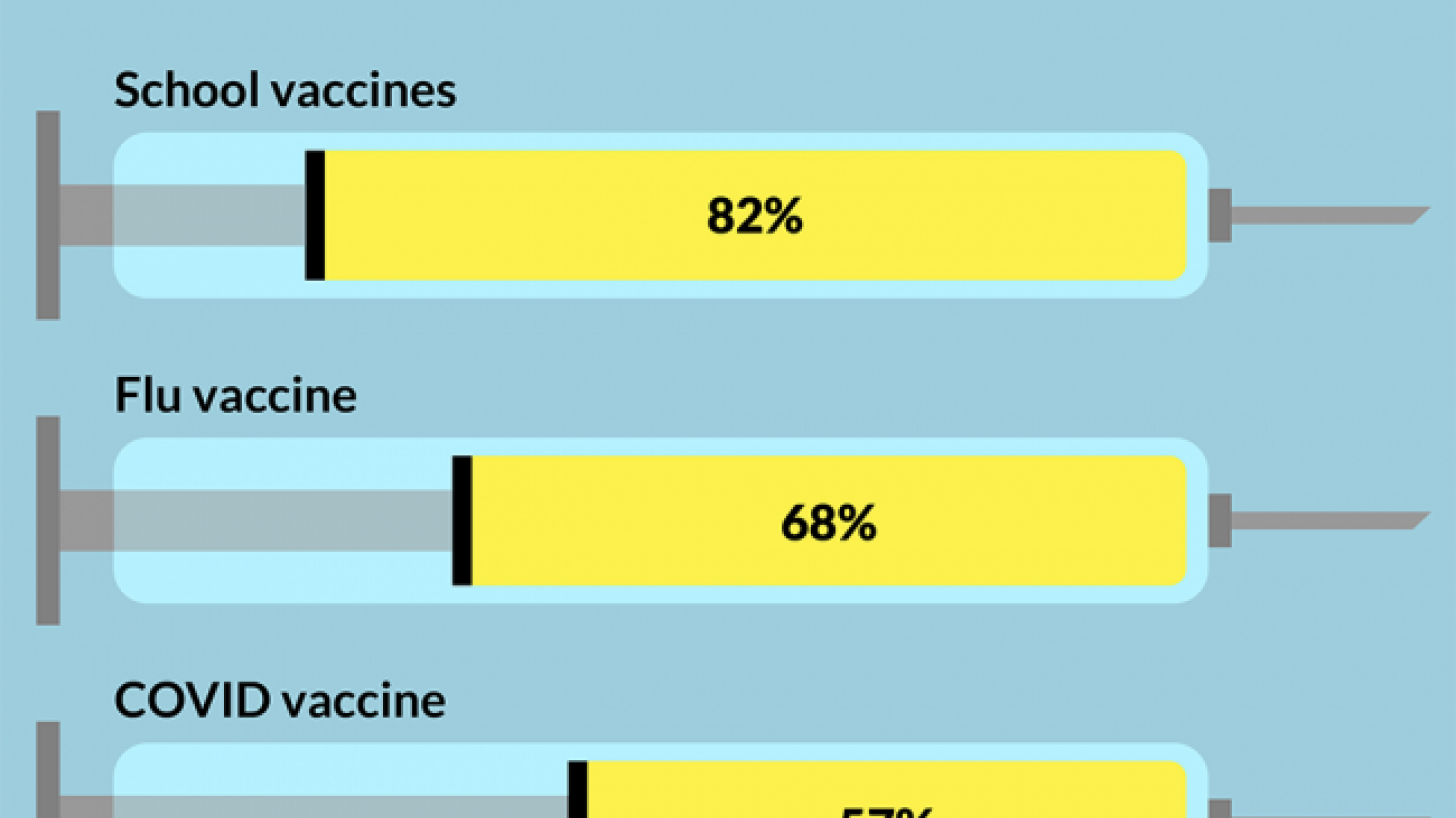
When asked, most parents say they have talked about vaccines with their child’s regular doctor in the past two years, most often discussing vaccines needed for school (82%).
And less often about flu shots (68%) or COVID-19 vaccination options (57%).
Fifteen percent of parents responded to a recent C.S. Mott Children’s Hospital National Poll published on November 21, 2022, saying they did not discuss vaccines with their child’s regular doctor.
Unfortunately, 6% of parents reported that their child does not get any vaccines.
A lack of discussion prevents these parents from learning about and considering new information that might prompt them to reevaluate the reasons for their decision not to vaccinate their child, wrote these Michigan researchers.
Primary care providers and pharmacists are typically new parents' most trusted information sources.
However, these findings suggest a change in the role of the primary care provider as the “go-to information source” for vaccines.
About 1 in 7 parents in this Mott Poll did not discuss vaccines with their child’s regular doctor in the past two years.
Some parents may feel that their child’s regular doctor will be insulted or irritated if they ask questions or express concerns about vaccinating their child.
However, this Mott Poll shows that 4 in 5 parents who talked about flu shots or COVID-19 vaccines felt that the provider was open to this discussion.
Some parents may feel that their child’s regular doctor does not have the knowledge or expertise to give the type of explanation that parents find helpful.
Even when parents bring their child for an in-person visit, they may be told that they need to go elsewhere to have their child get flu and COVID-19 vaccination.
To improve the rate of vaccinations, having all vaccines onsite is an essential first step, along with having providers with the time and expertise to talk with parents about the specific risks and benefits of each vaccine, wrote these researchers.
A recent example of the lack of information regarding the benefits of childhood vaccinations can be found in Rockland County, New York.
Last summer, the confirmation of a polio case and wastewater samples revealed most children in this southern New York were only 60% vaccinated.
Previously, a measles outbreak was confirmed with similar under-vaccinations for this vaccine-preventable disease.
While polio and measles infections can be easily reduced following immunization, un-vaxxed or under-vaccinated children remain at risk.
The U.S. CDC published an updated Child and Adolescent Immunization Schedule in February 2022, which offers clear visibility into which and when vaccinations are suggested.
Moreover, local pharmacists, nurses, and clinics are readily available to share their main-street insights.
PrecisionVaccinations publishes fact-checked, research-based vaccine information manually curated for mobile readers.
Our Trust Standards: Medical Advisory Committee

